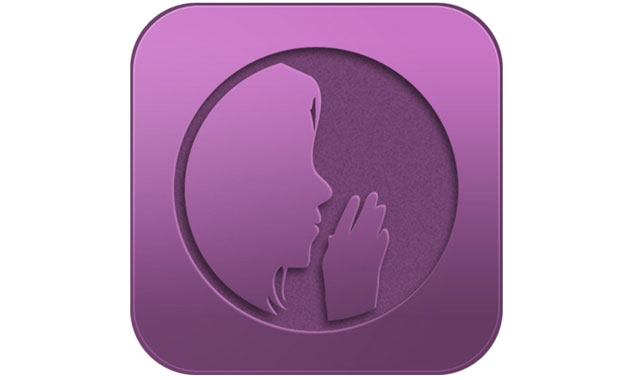 Human beings are fickle creatures. As soon as any trend reaches its peak, its polar opposite is suddenly the next big thing. Technology is particularly prone to these societal mood swings. Take the latest surge in online anonymity, for instance.
Human beings are fickle creatures. As soon as any trend reaches its peak, its polar opposite is suddenly the next big thing. Technology is particularly prone to these societal mood swings. Take the latest surge in online anonymity, for instance.
The last decade of the Web has been dominated by social media. Platforms like Facebook, Twitter and LinkedIn suggest or even demand that you use your real name and real pictures of yourself. Billions of people now have these “honest” online profiles.
We take this for granted now, but in the early days of the Web it was unheard of. Post your real personal details online for everyone to see? That sounded like complete madness in 1998.
At the dawn of the Web, anonymity was the norm. People spent hours choosing the perfect anonymous “screen name” or “handle”. Should you go for “ShyComputerGuy384” or the edgier choice, “Nerd4Realz”? Choosing your avatar was equally fraught: rainbow with leaping unicorn, or grinning skull with flaming snakes?
This anonymity was about more than just safety — it was about freedom. DeepThinker78 could express thoughts and feelings online that James Jones would not want to admit to in public. A mild mannered citizen could be a firebrand, a heretic or a sex god online. In the heady days of the 1990s the Internet was a space where anything could (and did) happen.
But over the following decade, anonymity slowly dwindled until it only remained in strongholds of mischief like the legendary 4Chan message board. This shift wasn’t entirely negative — people tend to be more constructive and less abusive when they’re using their real identities — but it wasn’t entirely positive either. Radical freedom is scary, but it’s also enormously fertile.
People are clearly hankering for this kind of freedom again. Reddit, a hub of anonymous message boards, has grown steadily into one of the Web’s largest communities. Today it has over 170m readers across the globe.
But an even more fundamental shift back to anonymity is gaining momentum in the mobile space. Apps like Secret and Whisper are specifically designed to be completely anonymous. You can post whatever you want and receive unfiltered feedback from a faceless and nameless community.
These apps enforce complete anonymity — there are no user profiles and no option to even provide a real name, let alone display one. Your only identifier is your mobile phone number or e-mail address, and these are encrypted so that even employees of the services cannot access them. In other words, they act like the Pin code for your bank card — no one at the bank knows your Pin, and no one can access it either.
The resulting conversations are every bit as unrestrained and anarchic as they were back in 1998. Of course, they’re also every bit as ugly and graphic. Racism, sexism, slut shaming, threats of rape and murder are all going to happen. Both of the services have strict policies on deleting harmful comments and banning abusive users, but there is no risk of public censure for their bad behaviour.
One measure of the popularity of the services is that one of them has just stumbled into its first media exposé. Last week, The Guardian reported that Whisper tracks the exact location of more than 80% of its users, directly contradicting its original terms of service. After the story emerged, Whisper quickly updated its terms to make them much more vague about this tracking.

Whisper executives have furiously denied all of The Guardian’s allegations, calling them “a pack of vicious lies” and “beyond silly”. Yet journalists report detailed conversations with Whisper’s staff about tracking specific people including “a sex-obsessed lobbyist in DC”. The Guardian had been exploring a partnership with Whisper and reporters had visited its offices and been given access to its back office systems, which explains the candour of the conversations.
But whether Whisper weathers this storm or not, it’s clear that radical anonymity is back and will only get bigger. The frisson of being able to admit your deepest, darkest secrets with no repercussions is a powerful motivator. And, like any technology, it will bring out both the best and the worst in us.




